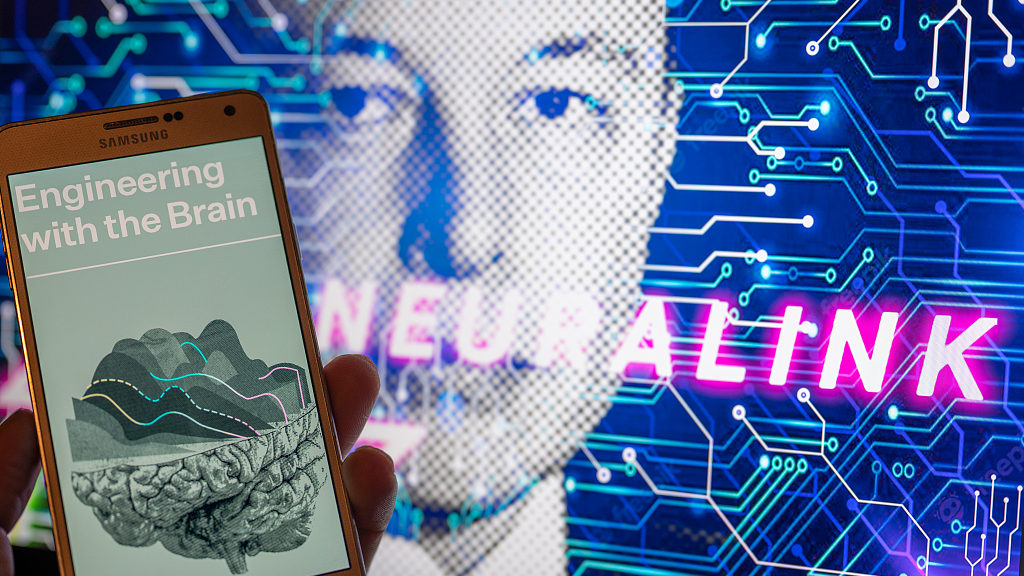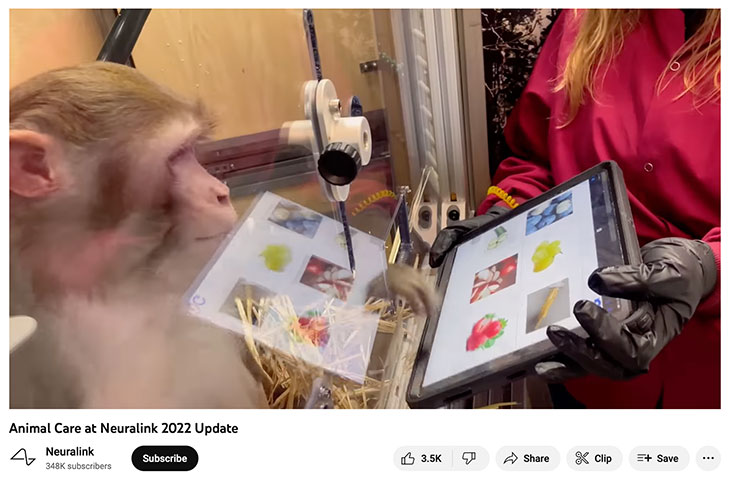
Logo of Neuralink displayed on mobile with founder Elon Musk seen on background screen in Brussels, Belgium, December 4, 2022. /CFP
Logo of Neuralink displayed on mobile with founder Elon Musk seen on background screen in Brussels, Belgium, December 4, 2022. /CFP
Elon Musk once said his brain implant company, Neuralink, will make the paralyzed walk, the blind see and eventually turn people into cyborgs, however, the firm is still struggling to get clinical-trial approval to achieve such a goal.
On at least four occasions since 2019, Musk has predicted that his medical device company, Neuralink, would soon start human trials of a revolutionary brain implant to treat intractable conditions such as paralysis and blindness.
Yet the company, founded in 2016, didn't seek permission from the U.S. Food and Drug Administration (FDA) until early 2022, and the agency rejected the application, Reuters reported citing seven current and former employees.
In explaining the decision to Neuralink, the agency outlined dozens of issues the company must address before human testing, a critical milestone on the path to final product approval, the staffers said.

Screenshot of a YouTube video posted by Neuralink in 2022 touting what Neuralink calls humane animal care.
Screenshot of a YouTube video posted by Neuralink in 2022 touting what Neuralink calls humane animal care.
Safety risks
The agency's major safety concerns involved the device's lithium battery; the potential for the implant's tiny wires to migrate to other areas of the brain; and questions over whether, and how the device can be removed without damaging brain tissue, the employees said.
A year after the rejection, Neuralink is still working through the agency's concerns. Three staffers said they were skeptical the company could quickly resolve the issues, despite Musk's latest prediction at a November 30 presentation that the company would secure FDA human-trial approval this spring.
Such FDA rejections do not mean a company will ultimately fail to gain the agency's human-testing approval. But the agency's pushback signals substantial concerns, according to more than a dozen experts, in FDA device-approval processes.
(With input from Reuters)